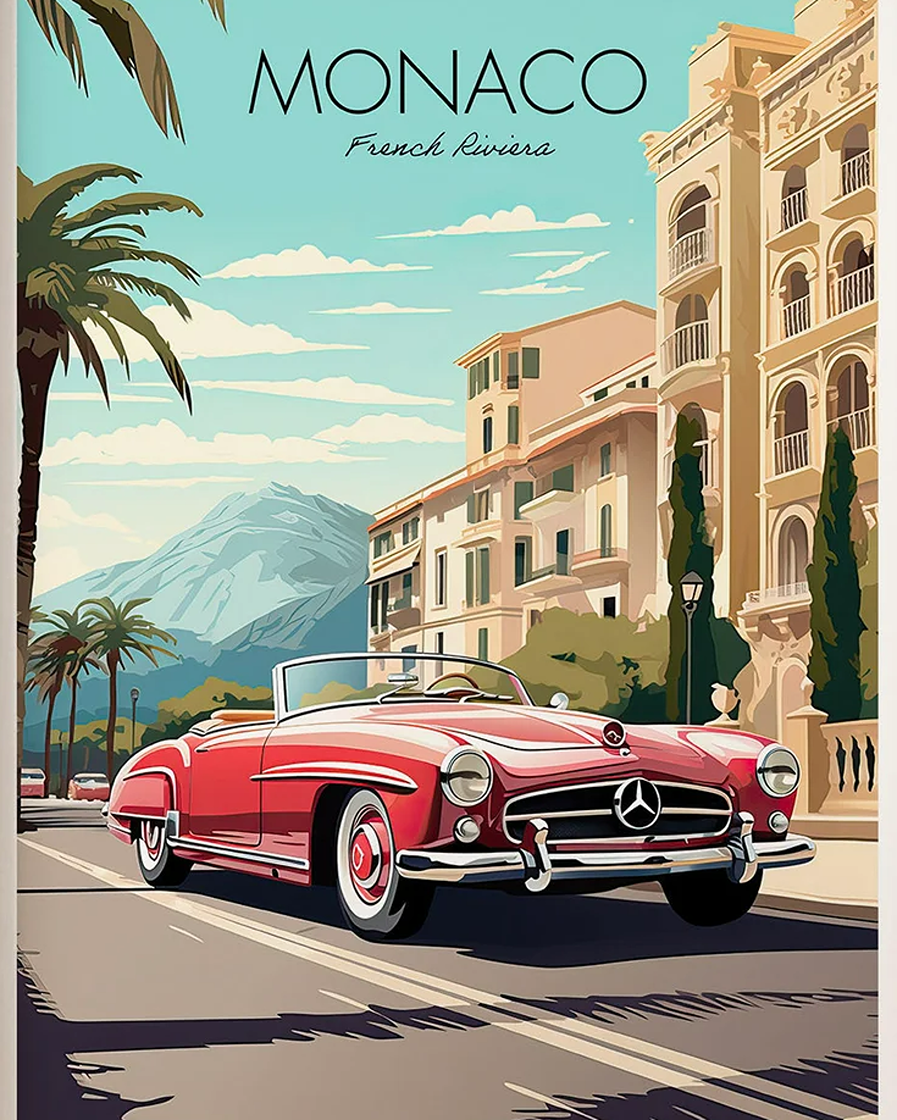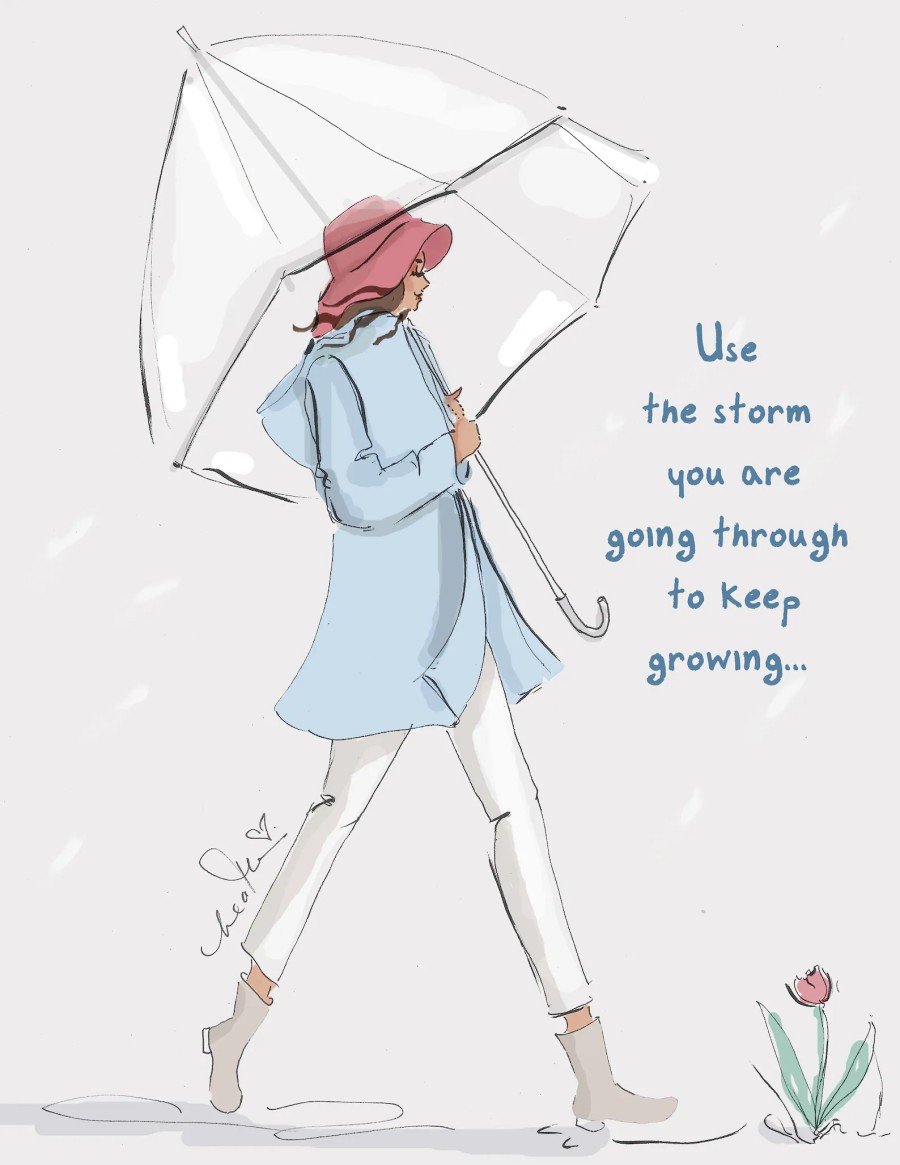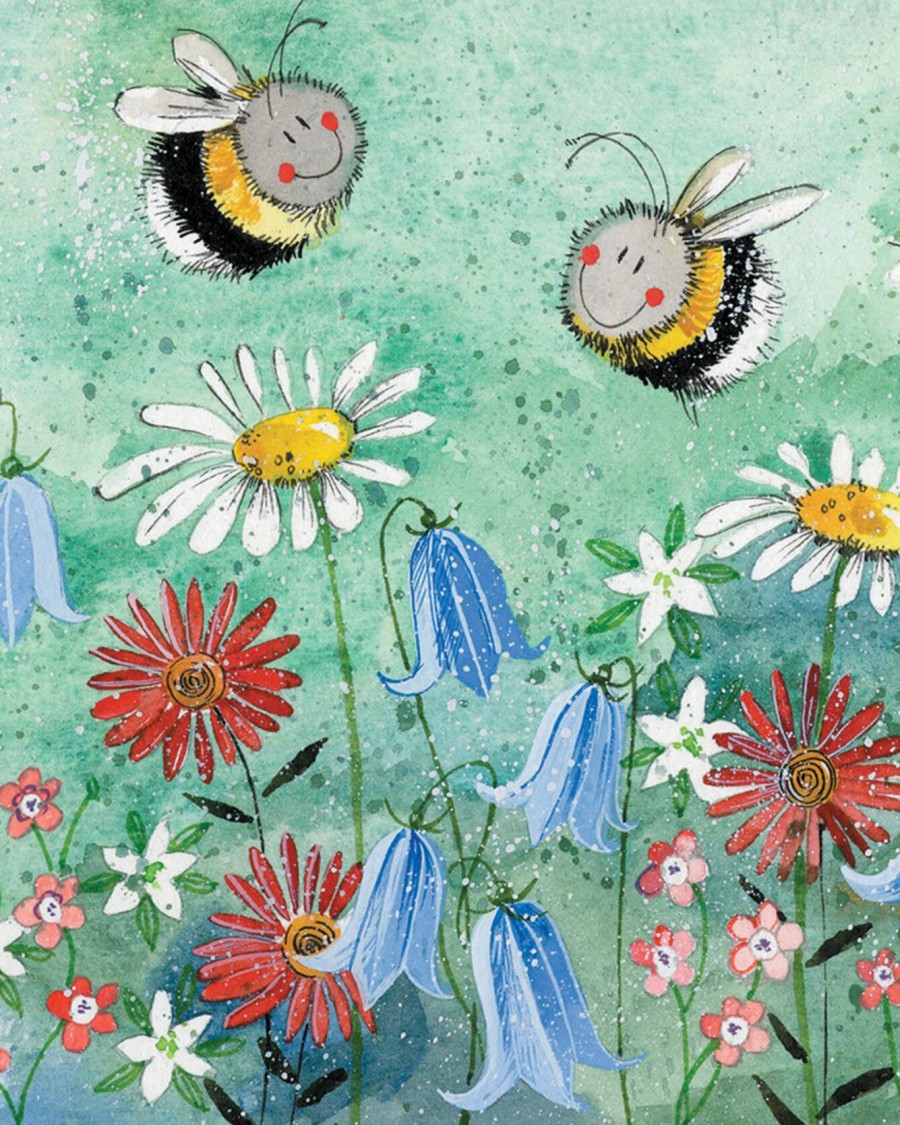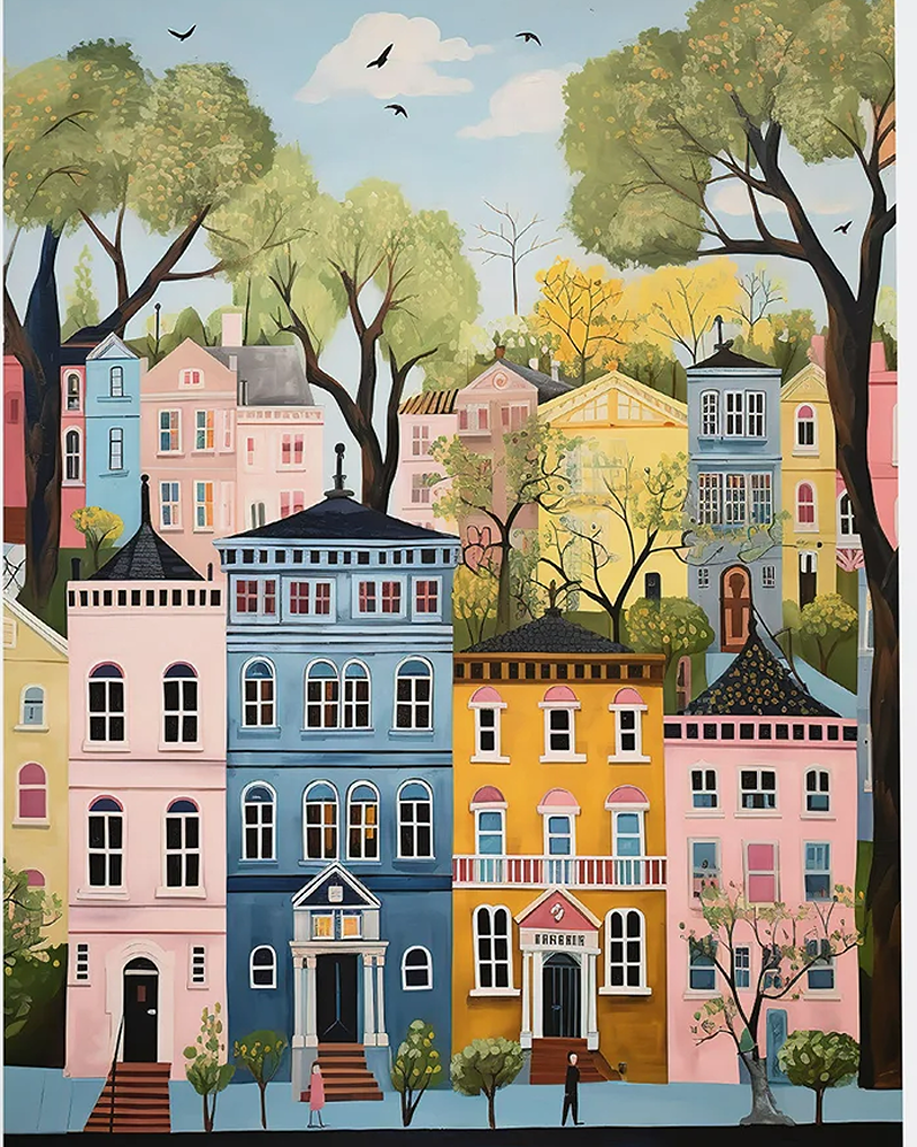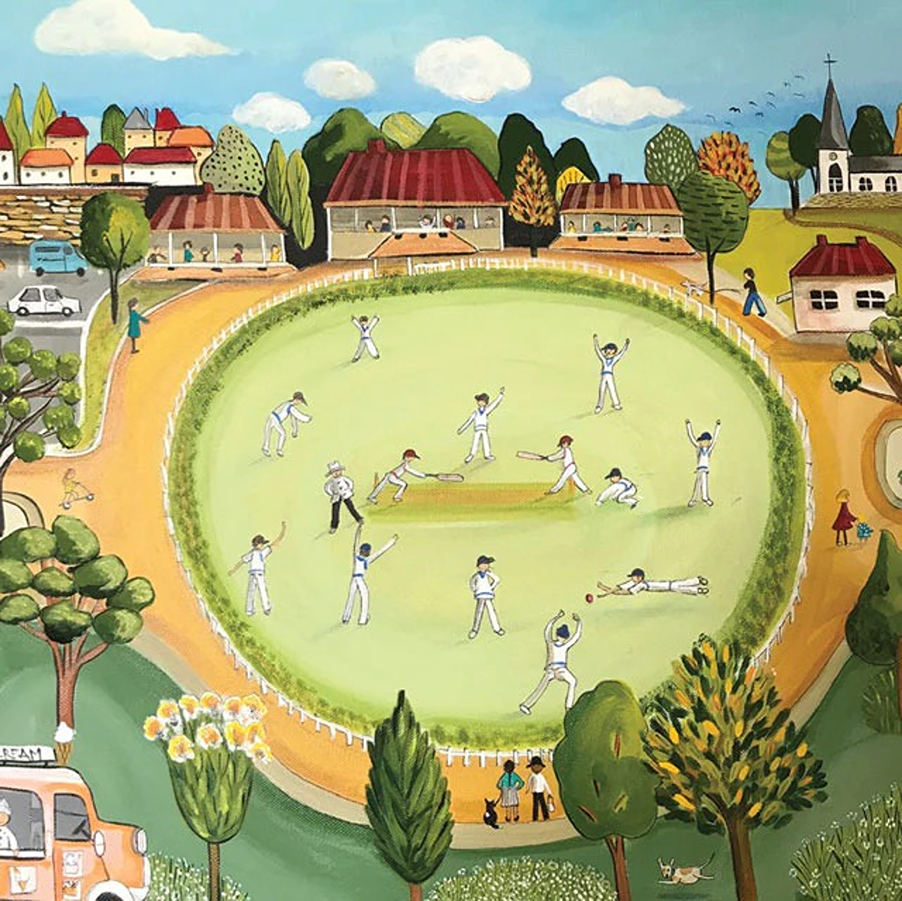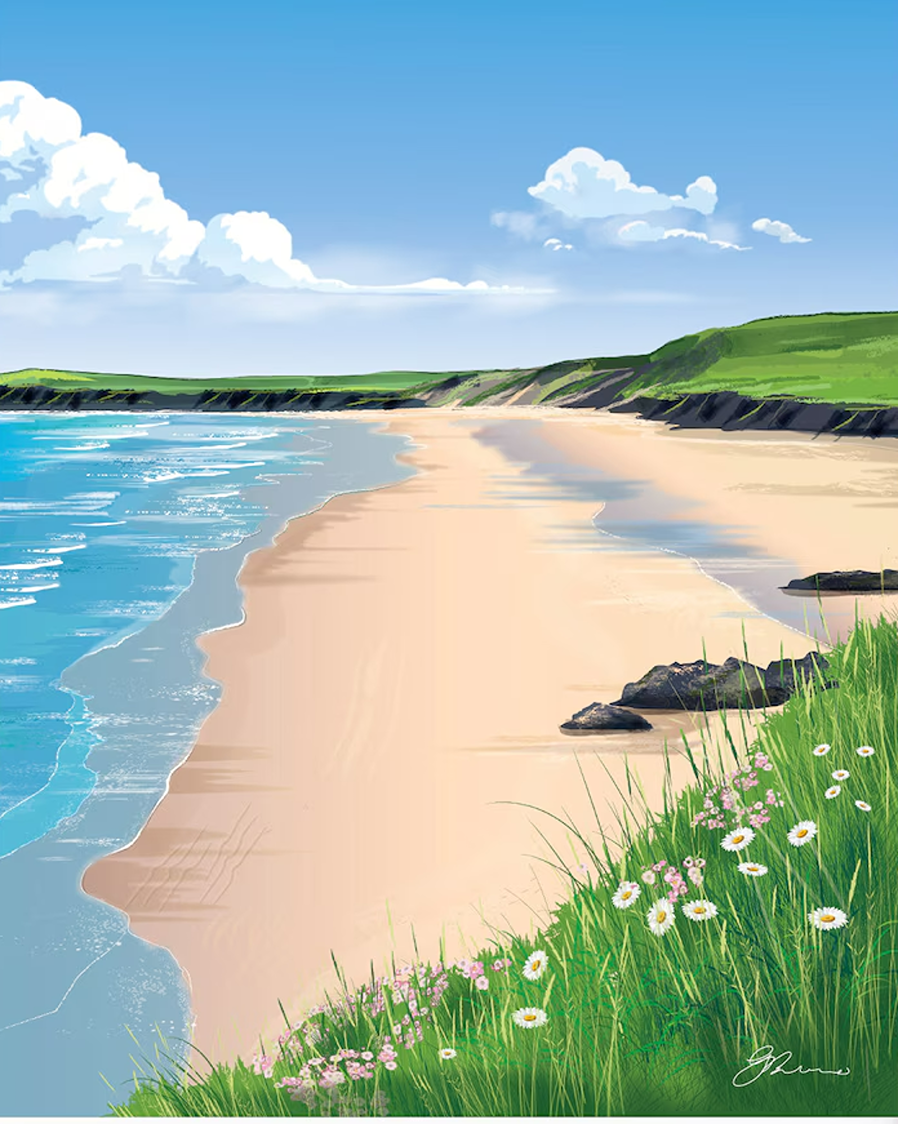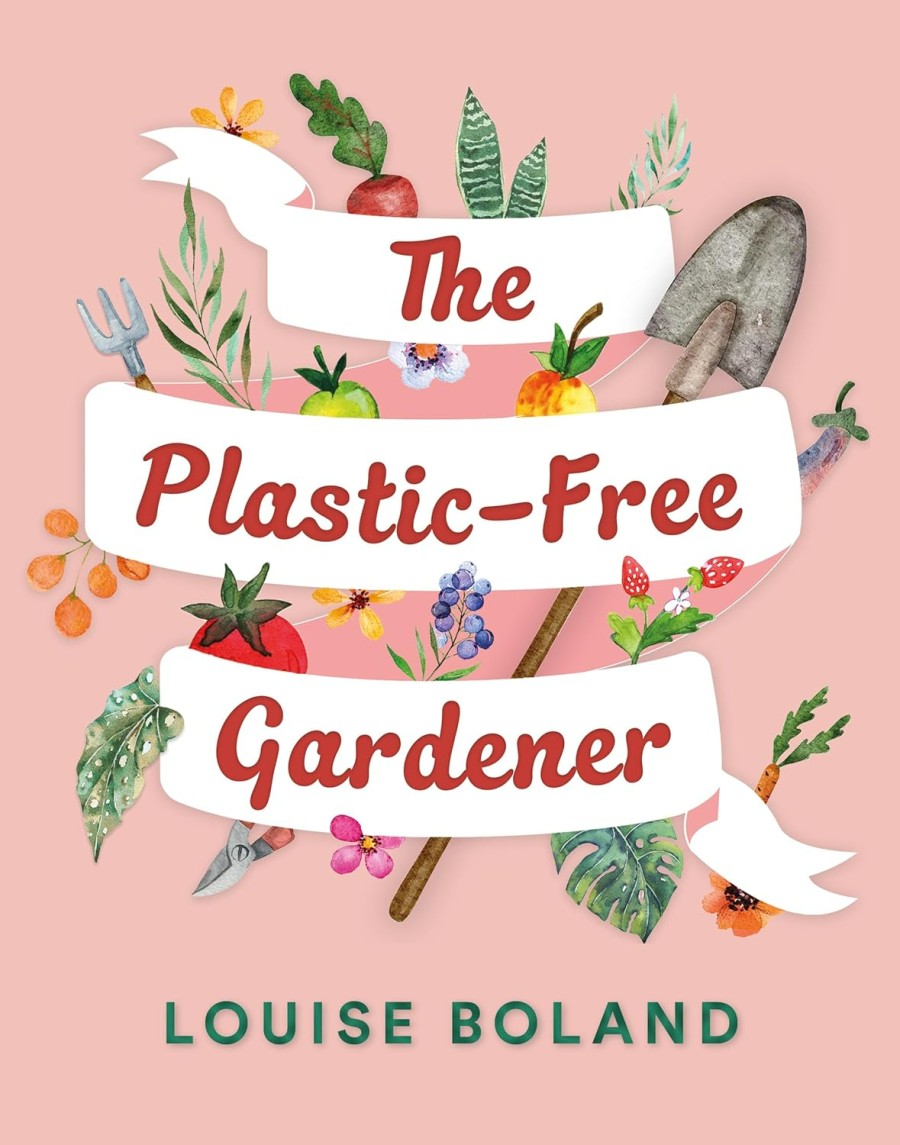
The Plastic-Free Gardener is a guide for anyone to limit use of plastic in their garden or allotment. With a mix of clear instructions and gorgeous photographs, the book includes many solutions you can use to avoid plastic, which helps all creatures and looks nicer too. No-dig gardening is the gardening way of the future. Not only is it easy and better for your back, but it means no garden forks or spades accidentally harming creatures like earthworms or baby stag beetles.
Keep fresh compost away from pets. Make your garden safe for pets (stay away from fresh compost and some foods like mushrooms, fruit pips/seeds) and use humane ways to prevent slugs/snails. Avoid netting (traps wildlife – apply fruit protection bags (after pollination). Never face indoor foliage to gardens, to help stop birds flying into windows.
This recycled plastic watering can to collect rain collects drops from downpours, to save you turning on the tap. It even includes a frog ladder, to allow little creatures to escape!
Climate-Wise Landscaping is a book by landscape architectures based on decades of experience. Create cleaner water and air, with no need for expensive tools or purchases. And naturally support habitats of birds, butterflies, pollinators and other wildlife. You’ll also learn how to naturally cool or warm indoors and outdoors, through what you plant (or remove).
Red Gorilla offers good garden buckets and other tools.
switch to natural garden twine
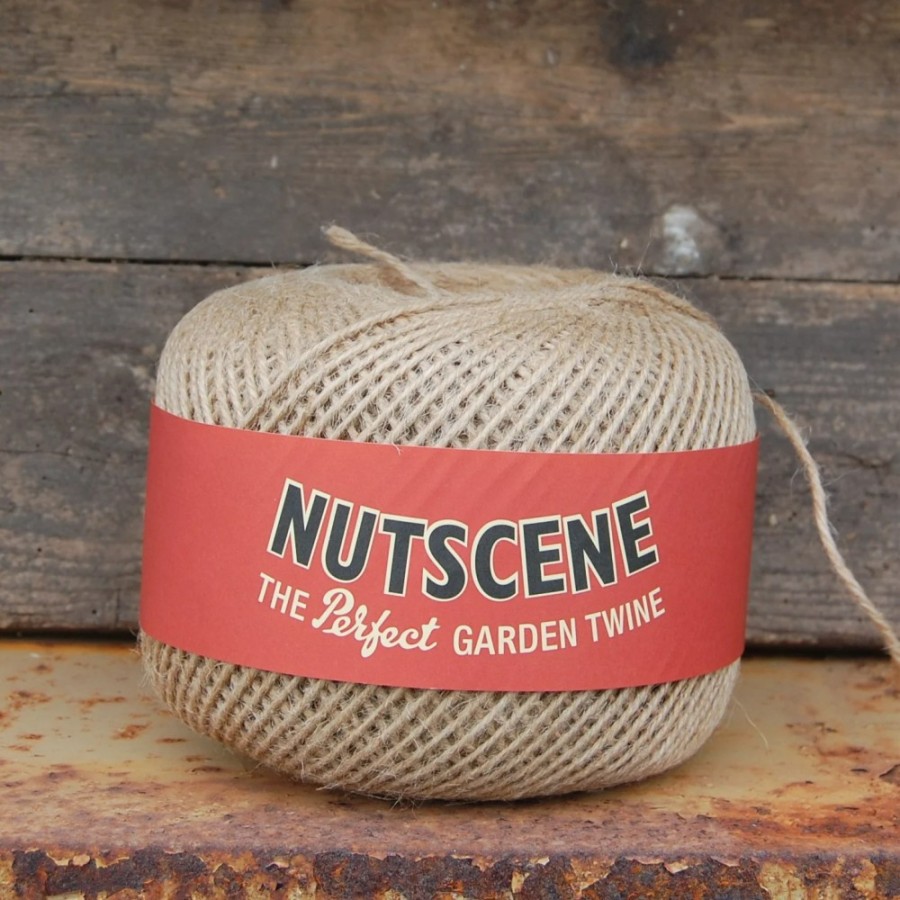
Garden twine is far better to support your runner beans that those plastic green ties, which can harm wildlife and birds, if they fly away. Nutscene offers twines made from flax, cotton, hemp and macrame (knotted). Ideal to support garden vines, this is ethically produced and wound on a factory in Scotland, in many colours. Sold with dispensers with cutting blades included. The classic twine is wrapped in retro-styled paper labels.
Never leave any kind of twine, string or ribbon in gardens (biodegradable or not). Because birds may take it to make nests, and it can strangle or tangle chicks or other garden wildlife.
where to recycle plastic garden waste
TerraCycle runs a program where for around £100 (everyone can pitch in with £1) people can drop off plastic garden ties, bags and pots, hoses and sprinklers. It’s sent off in a pre-paid shipping label on the box, to be made into other items. Although some programs are sponsored (free), this one isn’t. But think of it as a one-off amnesty to rid your area of all plastic garden waste. They have to charge for items not sponsored, because the company has to cover the cost of ‘recycling items that can’t be recycled’.
a non-toxic path & patio cleaner
Algon Path & Patio Cleaner is mixed with 3 parts water to many surfaces including concrete, walls, wood, greenhouses, garden statues, plant pots, tennish courts, play areas and car parks. For playground surfaces, there is no need to block off the area, nor need for protective clothing and the brand is an approved suppliers to councils, schools and maintenance companies.
Although claimed safe for pets/wildlife, keep run-off near ponds to minimum, and rinse birdbaths after treatment. Can be used on astroturf (normal grass is best as it heats up less in warm weather and supports pollinators). Do not throw rinse water on grass or plants.
You apply with a garden sprayer, soft broom or paint brush avoid excess wetting, using non-metallic implements, then rinse after use. It starts to clear surfaces in a week or two and cleans progressively for months. You can use decking oil or paint over it, wait for the surface to clear for up to 10 days and then proceed as manufacturer’s instructions. Not for marble, unpainted steel or galvanised surfaces and may temporarily discolour lead.
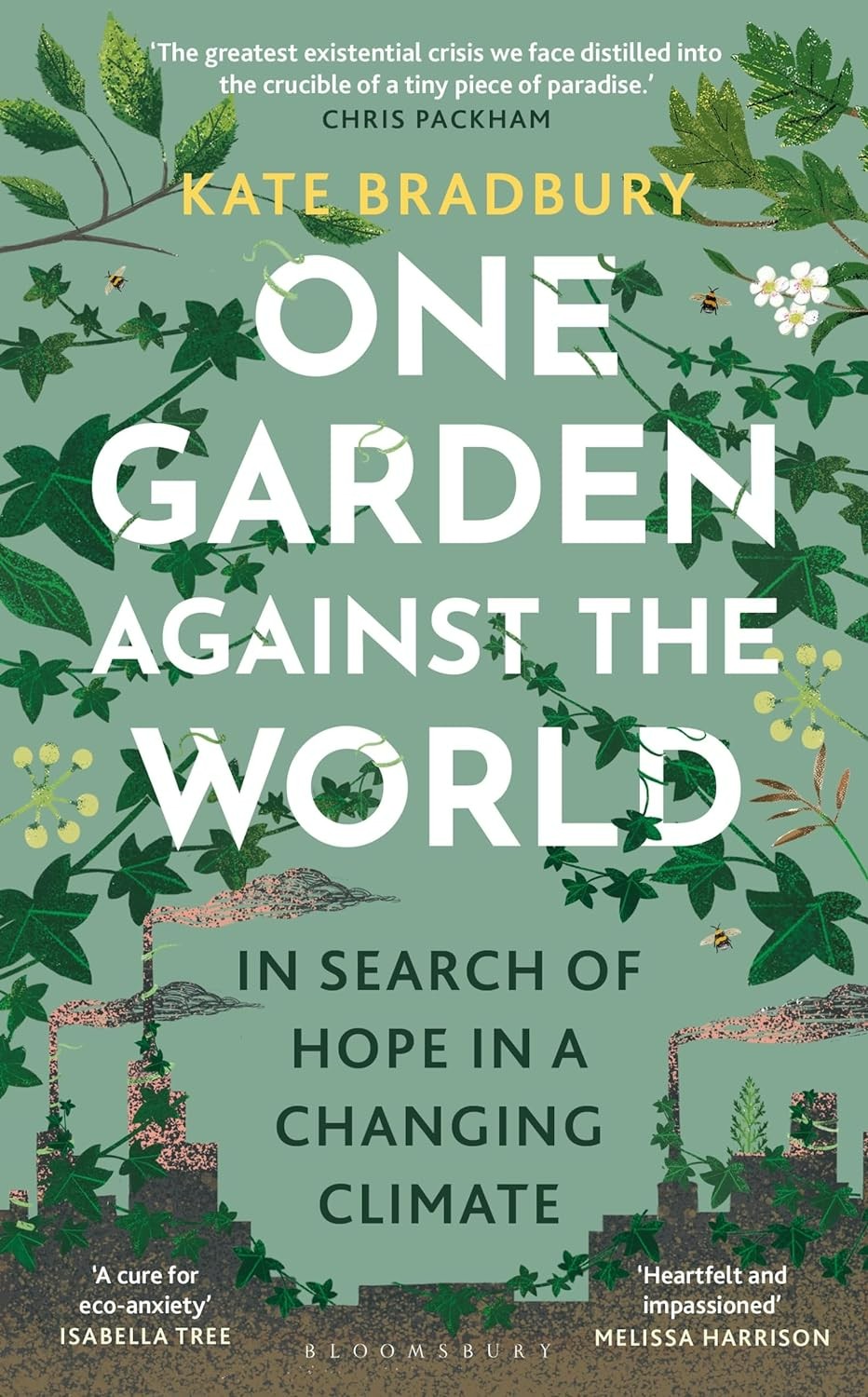
One Garden Against the World is the story of how the author looks for positive ways to keep going in a changing world of climate-change anxiety, through caring for her mother and rescuing her dog. Her garden is home to red mason bees and bumblebees, house sparrows, hedgehogs and dragonflies. And the entire frog population of Brighton & Hove seems to breed in her small pond each spring, and there are toads now too. On summer evenings, she watches bats flit above her and for a moment, all is right with the world. But with habitat loss and rising temperatures, she worries what it means for wildlife. This is a call-to-action for gardeners, communities and individuals to help wildlife and the climate. If we work together, it’s not too late to make a difference.

